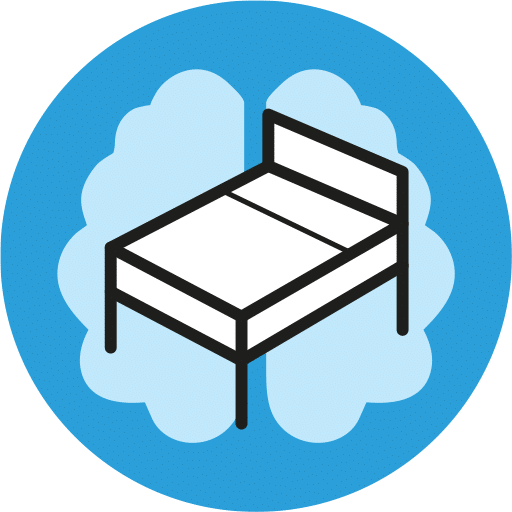Parents often ask me, “Can’t you motivate my child to stop wetting the bed?” And I tell them that it is not my job to motivate a patient, with the following exception:
When a child feels hopeless and helpless, and discouraged, then I can tell them, “It makes sense that you’re feeling this way. And, when you feel like this, it shows some wonderful things about you. It shows that you care, and that you have high standards. And it shows that you’re smart…nothing has helped you so far, so why would you believe that medical hypnosis help you?
And when we feel discouraged, it protects us from disappointment. If I go into a meeting with Dr. Lazarus and I have high expectations that he will help me become dry at night, and it doesn’t work, then I’ll be terribly disappointed.
But if I go into the situation expecting it not to work, and it doesn’t work, then I can’t be disappointed.
When I meet with patients, there is typically significant improvement in dry nights after only 1 to 3 visits.
And, for individuals who don’t have access to seeing me, or who prefer to have more flexibility, my team and I created “Keeping the Bed Dry®.” This is a comprehensive, online, video-streamed, home program that incorporates medical hypnosis for children with nocturnal enuresis. Medical hypnosis has been shown to be 1 of the 3 effective treatments for patients with this problem. Click here to learn more.
The other 2 options are:
- The enuresis or bedwetting alarm.
- Medication
Let me now summarize some information from the Cochrane Review. The Cochrane Review evaluates medical studies to make sure that they are accurate and meaningful.
According to the Cochrane Review, the enuresis alarm:
- Reduces bedwetting in 2/3 or patients, but half of these relapse when they alarm is discontinued.
- Requires significant parental involvement
- The old literature said that it can take up to 16 weeks to work
- (The new recommendation is that if there is no change after 6 weeks, to stop the alarm. I recently spoke with a parent who had used the alarm every night for 14 months with no change! JL)
When individuals stop using the alarm, half of them start having accidents again.
In addition, the alarm often wakes up everyone in the home except the patient!!!
Overall, medication offers 1-2 more dry nights per week than placebo. One should also realize that the placebo effect from medication can be quite high, ranging from 37 to 59%.
Medication requires significant parental involvement. And when the medication is stopped, there is an extremely high relapse rate, usually around 100%.
The most commonly used medication in the United States is desmopressin (Brand name DDAVP). Although rare, desmopressin can occasionally cause seizures.
The results from desmopressin, again, according to the Cochrane Review, are variable. One study said that it helps in 1/3 of patients as long as they are taking the medicine, it is ineffective for 1/3 of patients, and in between for the other third.
Imipramine is an anti-depressant that is used less commonly nowadays as it can affect the heart! Individuals who take this drug usually need to have an EKG and have this monitored, and the drug needs to be locked up to prevent an accidental overdose.
As my colleague, Laurence Sugarman, MD, asked rhetorically many years ago, “Why would you want to put a child on a potentially life-threatening medicine for a non-life-threatening condition?”
The problems with medication and the alarm are that they don’t teach:
- Continence skills.
- How to become more aware of sensations while sleeping.
Therefore, children don’t learn to wake up when their bladders become full.
References:
Glazener et al., Cochrane Database of Systematic Reviews 2005, Issue 2.
Glazener CM, Evans JH. Desmopressin for nocturnal enuresis. Cochrane Database Syst Rev 2002;3:CD002112.
Friman, in Ferber and Kryger’s Principles and Practice of Sleep Medicine in the Child, 1995
Humphreys et al., Paediatr Drugs, 2005, 7:151-162.
Nevéus, 2017 T. Int J Urol. March, Pathogenesis of enuresis: Towards a new understanding. 24(3)174-182
Rombis et al., Folia Medica, 2005, XLVII.
Smellie et al. Arch Dis Child, 1996 75:62-66.




